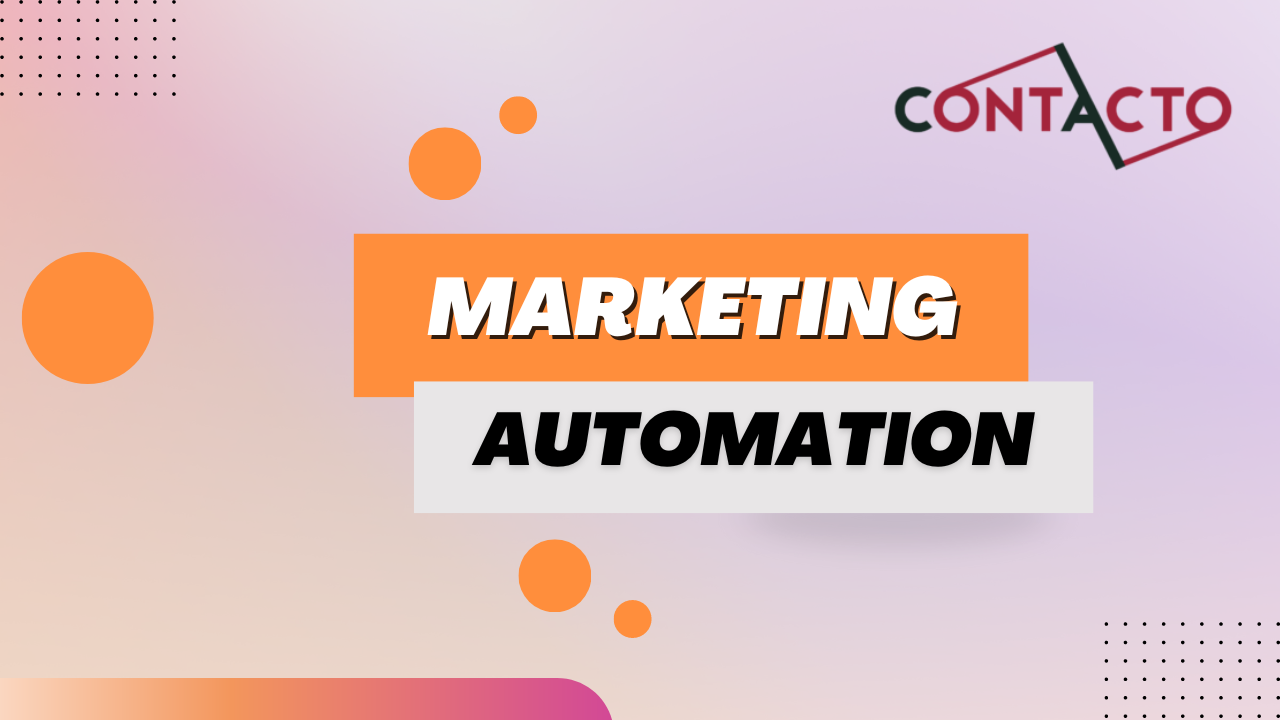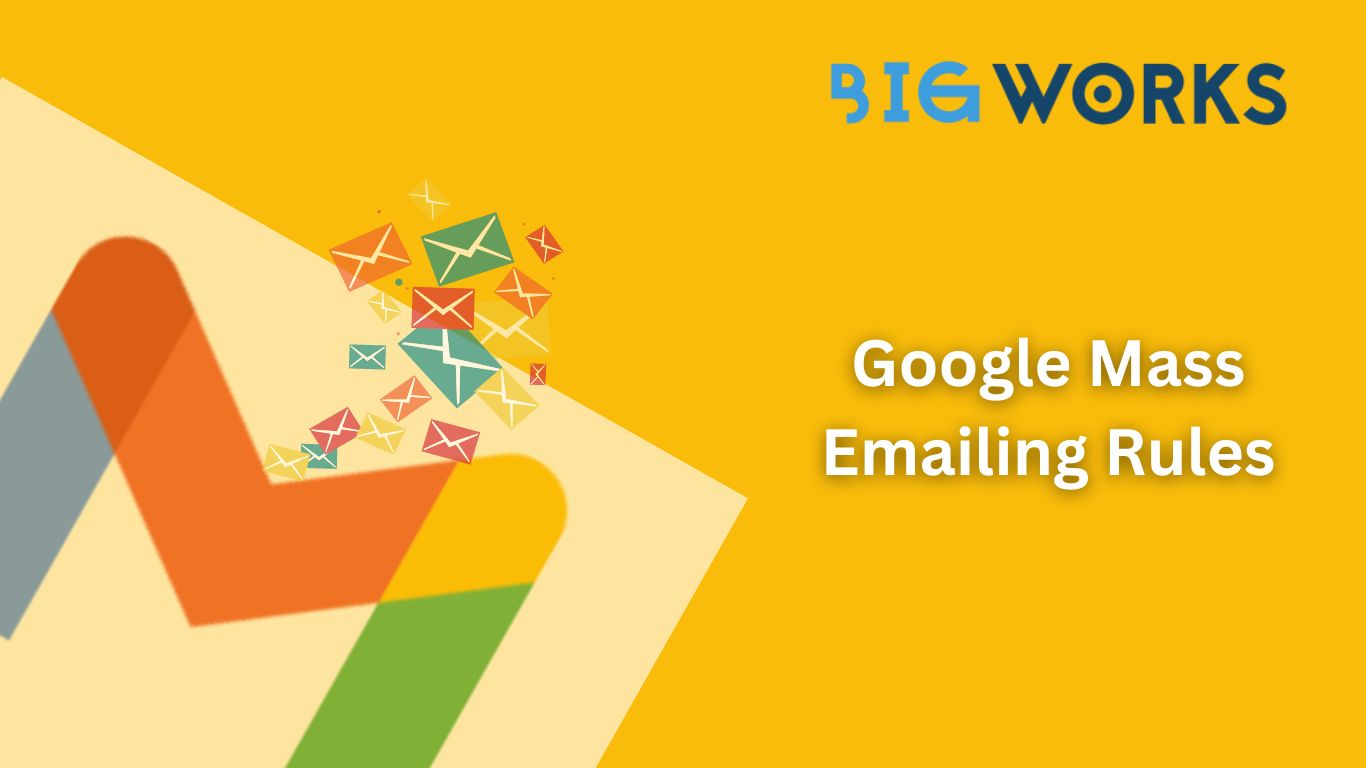Pros of Marketing Automation
We’d like to ask you a question: What should happen when a customer clicks on “sign up” but drops off before completing the process?
Option 1: When informed, someone from the sales team should manually find their details and then try to reach out.
Option 2: An email should automatically be sent to the customer asking about the problems they might have faced, which could then be followed up by the sales team.
If you choose option 2, you choose the one driven by marketing automation.
So what is marketing automation?
In simple words: it automates manual tasks which get triggered at various stages. For example, drop-offs, payment completion, etc. It could trigger an email, a WhatsApp message, or a notification, to get the customer back into the funnel.
Marketing automation is a present-day necessity. In today’s digital landscape, businesses need to streamline their marketing efforts to reach the right audience at the right time with the right message. It’s used to describe the use of software and technology to automate repetitive marketing tasks. This can include anything from email marketing and social media scheduling to lead nurturing and customer relationship management (CRM).
Why is it important?
- Increased Efficiency: free up your marketing, sales and operation team’s time by automating tedious and grunt tasks. This allows them to focus on more strategic initiatives, such as developing creative campaigns and analyzing data. Once launched, the automation takes care of responses and drop-offs in the customer journey, which can later be calculated.
- Lead Generation and Conversion: nurture leads more effectively, moving them through the sales funnel faster. This can lead to a significant increase in conversions and sales. For example, you can automate your emails to follow up on customers who’ve churned out or shown interest. Such emails can also be drip campaigns which can be a recurring task.
- Personalized Customer Experiences: personalize your marketing messages to each individual customer. This can lead to improved engagement and loyalty.
For example, the customers who’ve churned out can be pursued with FOMO messaging. While the customers who haven’t converted can be given offers and incentives and case studies of use cases.
- Better Data Insights and Reporting: get valuable data and insights into your marketing campaigns. This information can help you track your progress, identify areas for improvement, and make better decisions about your marketing strategy. For example, see how many customers dropped off and then responded to triggered emails. Automated emails are also a great way to gauge customer feedback or general opinions on your business.
- Increased ROI: it’s a cost-effective investment, as it can help you save time, improve efficiency, and increase sales. Studies have shown that businesses that use marketing automation see an average return on investment (ROI) of 223%.
For example, a triggered CRM event can help a customer understand the onboarding process better and help them sign up successfully.
Too much information? See how our client Opertatie Mobilisatie did it here.





